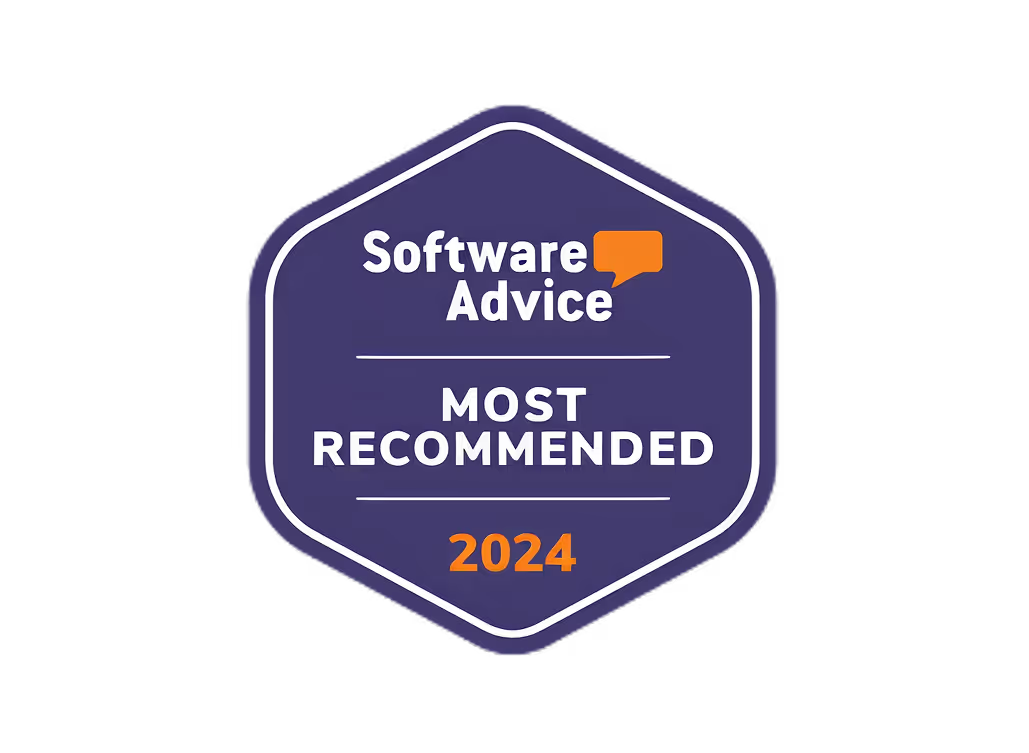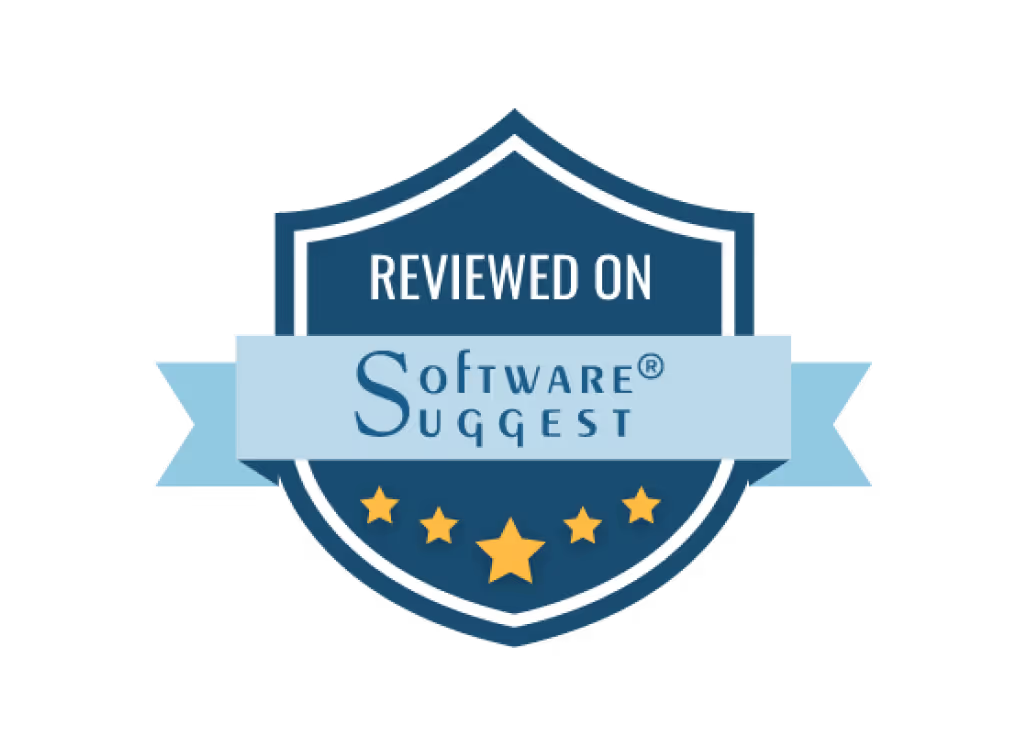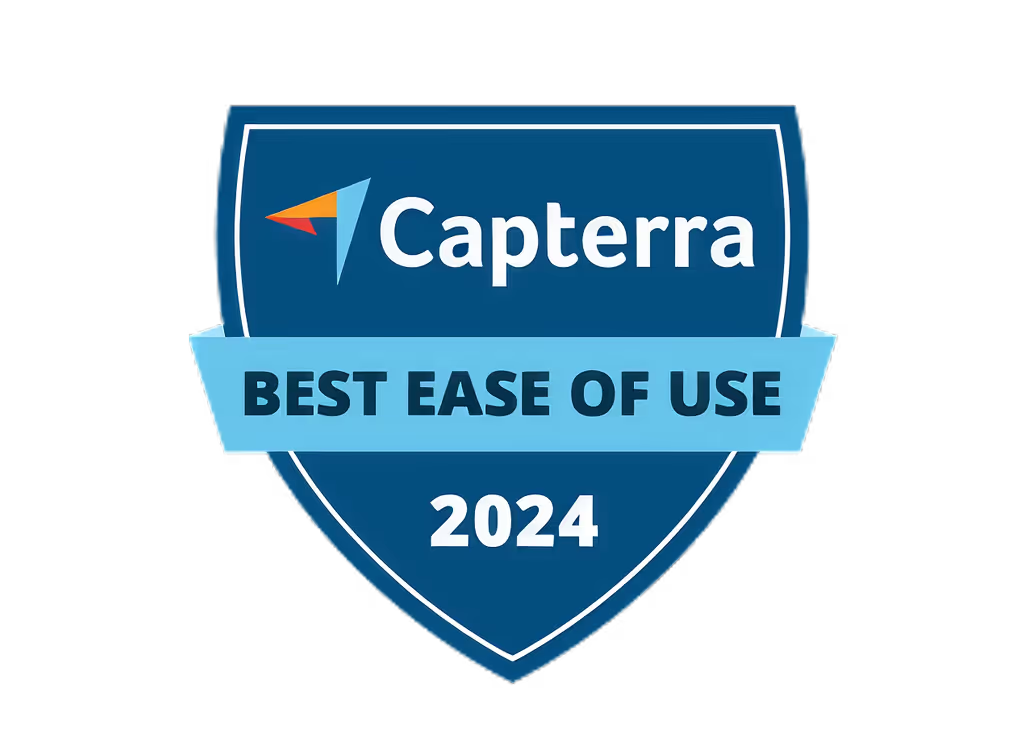Ad Intelligence Simplified for Non-Technical Marketers

Ad intelligence simplifies the way marketers, especially those without a technical background, can improve their advertising efforts. By leveraging data and smart tools, it's possible to make ads more effective without deep diving into complex analytics. Here's a quick overview:
- Ad Intelligence Explained: It's like having a smart assistant for your ads, offering insights and suggestions to boost performance.
- Value of Ad Intelligence: It simplifies ad creation, improves targeting, and enhances ad performance over time.
- Tools for Non-Technical Users: Platforms like Quickads, AdSpy, Adthena, and Adswerve offer user-friendly interfaces and actionable insights.
- Key Components: Includes data collection and analysis, audience segmentation, and competitive benchmarking.
- Implementation and Optimization: Easy-to-follow steps for setting up, monitoring, and refining your ad campaigns.
- Real-World Success Stories: Examples from companies like Hopin, Oura Ring, and YNAP show the tangible benefits of using ad intelligence.
Key Takeaways:
- Ad intelligence makes your ads smarter and more effective.
- No technical skills required to use platforms designed for ease.
- Start simple, and let the platform guide you towards ongoing optimization.
- Success stories from various companies highlight the effectiveness of ad intelligence in real-world scenarios.
The Value of Ad Intelligence
Ad intelligence is super helpful because:
- It makes creating ads easier: Smart tech can whip up ads that are likely to do well.
- It helps you find the right people: Knowing more about your audience means you can reach out to them more effectively.
- It keeps your ads getting better: By trying different things and seeing what works, you can focus on what's really working.
Ad Intelligence for Non-Technical Users
In the past, you needed to be a bit of a tech expert to use ad intelligence. But now, there are tools like Quickads that make it easy. They have simple guides and dashboards that show you what to do step by step. This means you can get smart suggestions on how to make your ads better, spend less for more results, and connect with your audience more effectively, all without needing to be a data scientist.
Key Components of Ad Intelligence
Ad intelligence helps you make your ads better by giving you useful insights, and you don't have to be a tech genius to use it. Let's break down its main parts in easy-to-understand terms:
Data Collection and Analysis
Think of ad intelligence tools as super-smart systems that keep an eye on how many people see, click on, and buy something because of your ads. They gather all sorts of information and then figure out what it all means.
They look at important numbers like how many people click on your ad compared to how many see it (click-through-rate) and how much you spend to get someone to take action (cost-per-conversion). This helps you see what's working best.
Audience Segmentation
Ad intelligence tools also look at who is interested in your ads and group them into categories like age, interests, and more. This way, you can make sure your ads are seen by the people most likely to be interested in them.
For instance, if women aged 30-40 with kids are really into what you're selling, you can aim your ads more at them for better results.
Competitive Benchmarking
These tools also let you see how your ads stack up against others in your field. You can check out the best-performing ads in your area and see how much others are spending on their campaigns.
This info helps you figure out where you need to improve. If your ads aren't getting as many clicks as others, it might be time to try something new.
With these tools, even if you're not a data expert, you can make your ad campaigns better by using real info and insights. You get to understand the nitty-gritty of what makes ads work, without needing to dive deep into data analysis or digital marketing jargon.
Ad Intelligence Platforms Made Simple
Ad intelligence platforms have been made easier to use, even if you're not a pro in marketing or tech. These tools gather lots of data and give you clear advice on how to make your ads better.
AdSpy
AdSpy helps you see what other companies, even the big ones, are doing with their ads. You can learn from them and improve your own ads.
Key features:
- It automatically keeps an eye on your competitors' ads across different places like Google, Facebook, and websites.
- It shows you which parts of ads are working well.
- It helps you figure out how much money to spend on your ads by looking at what others are spending.
As one of the leading dropshipping spy tools, AdSpy makes it easy for businesses to make data-driven ad decisions. For even more tailored insights, platforms like WinningHunter offer advanced filters and product-level intelligence trusted by seasoned dropshippers.
Adthena

Adthena makes it simple to see how your ads are doing compared to others and gives you updates and tips in a way that's easy to understand.
Standout capabilities:
- You can set up custom alerts and dashboards to keep an eye on your ads in real-time.
- It tells you how much of the market you're reaching compared to your competitors.
- You get a combined view of your ads across Google, social media, and other platforms.
Adthena helps you make smarter ad decisions without needing to be a tech expert.
Adswerve

Adswerve is all about understanding who should see your ads. It helps you find and focus on the people most likely to be interested in what you're selling.
Notable features:
- It can tell you a lot about different groups of people, like their interests and habits.
- It finds people who are similar to your best customers.
- You can pick specific groups of people you want to target with your ads.
With Adswerve, you don't need to know all the technical stuff to get really good at targeting the right audience.
Implementing Ad Intelligence Strategies
With easy tips on how to start, use, and make your ad data better, this part is all about helping marketers who aren't tech-savvy to make the most out of ad intelligence.
Getting Started
Getting ad intelligence to work for you is simpler than you might think:
- Sign up for an ad intelligence platform: Pick one like AdSpy, Adthena, or Adswerve that suits what you need and can afford. Signing up is quick and easy.
- Connect your ad accounts: Link up your Google Ads, Facebook Ads, and any other places you advertise. This is usually just a couple of clicks.
- Set up tracking: Make sure tracking for clicks and sales is on. This lets the platform collect data on how your ads are doing.
- Check your dashboards: These platforms have dashboards that show you a quick view of your ad performance. Take a look at these often.
- Set up alerts and notifications: You can get emails or messages in the app when big changes happen with your ads. This helps you keep an eye on things.
Just by following these steps, you'll start to see how ad intelligence can work for you, even if you're not a tech person. The platforms are made to be user-friendly.
Ongoing Optimization
To keep making your ads better:
- Review reports often: Look at reports on how many people are clicking, buying, and who they are. Notice any trends going up or down.
- Run A/B tests: These platforms let you test different ads to see which one does better. Pay attention to what the tests tell you.
- Adjust targeting: Use the data on who likes your ads to focus on those groups more.
- Refine budgets: Put more money into ads that are doing well and less into those that aren't.
- Automate optimizations: Let the platform adjust your spending or who sees your ads based on how they're doing.
By keeping an eye on how things are going and making small changes, your ads will get better over time without you having to do a lot of work.
Overcoming Common Challenges
Some things you might find hard at first include:
- Information overload: If the dashboards seem too much, just focus on one or two main numbers like click-through rate or sales at first.
- Interpreting data: If the data seems confusing, use the platform's help sections, tips, and customer support to understand it better.
- Taking action: If you're not sure what to do with what you learn, start with the platform's simple suggestions.
- Budget limitations: If you don't have a lot of money to test different ads, small changes based on data can still make a big difference over time.
The main thing is to start simple. Choose one area to improve, use the platform's easy features, and let those small changes add up.
sbb-itb-606b7a1
Real-World Success Stories
Let's look at how some companies, big and small, have used ad intelligence to really improve their ads and see great results.
Hopin

Hopin, a platform for online events, used ad intelligence to better target their ads, leading to a big jump in website visitors from over 300 different places.
- Started using Adthena for insights across different ad channels
- Found out what their audience likes and how they behave
- Made their ad targeting more precise
- Click-through rates went up by more than 50% across all channels
- Quickly reached more people worldwide by understanding what different cultures like
"Thanks to Adthena, we can now use data to find our ideal customers all over the globe. Our ads work better, and we've grown fast in new areas."
- Head of Growth at Hopin
Oura Ring

Oura Ring, a company that makes smart rings, saw their ad money go 11 times further in just a year by targeting the right people and keeping their ad campaigns sharp.
- Used Adswerve to get to know their audience better
- Grouped users based on where they are in the buying process
- Got updates on how their ads were doing in real-time
- Lowered the cost for each conversion by 8% in half a year
- Increased their ad spend return from 2X to 11X year over year
"Adswerve helps us understand our customers deeply. Now we can make ads that really speak to our best audience groups, leading to fantastic results."
- CMO of Oura Ring
YNAP

YNAP, a big name in fashion e-commerce, doubled their investment return on global ad campaigns by keeping an eye on what the competition was doing with their ads.
- Hooked up AdSpy to their ads all over the world
- Compared their ad performance to the top online retail brands
- Found out who was doing better in important markets
- Adjusted their creative approach, messages, and budgets to match what works best
- Saw a 2.3X increase in investment return from their global ad campaigns
"AdSpy lets us see what the top brands are doing in our target markets. This knowledge helps us boost our own campaign performance and keep increasing our return on investment."
- Head of Digital Marketing at YNAP
Key Takeaways
Ad intelligence is really just a fancy way of saying 'using data to make your ads better.' And the good news? It's not just for the tech-savvy anymore. Here's what you need to keep in mind:
- Ad intelligence means smarter ads. It tracks your ad's performance and offers tips to improve. This includes who's seeing your ads, which ads are hitting the mark, how to use your budget wisely, and more.
- Tech skills not required. Tools like AdSpy, Adthena, and Adswerve are made for everyone. They come with simple dashboards and helpful tips that don't need a tech background to understand.
- Starting is a breeze. Just pick a platform, link your ad accounts, switch on tracking, and glance over your dashboards now and then. There's plenty of help available if you get stuck.
- Your ads get better with time. Keep an eye on reports, try out different ads to see what works best, tweak who sees your ads and how much you spend, and let the platform do some of the heavy lifting for you.
- Don't let challenges scare you. Feeling overwhelmed by all the data? Start with the basics and build from there. Not sure what the numbers mean? There's always help at hand.
- Success stories show it works. Companies like Hopin, Oura Ring, and YNAP have seen big benefits from using ad intelligence, like better ROI, reaching more people, and targeting their ads more effectively.
In short, ad intelligence is now something anyone can use to make their ads work harder, not just those with tech expertise. By starting small and using the tools designed for ease of use, you can see big improvements in your advertising efforts over time.
Related Questions
How would you describe artificial intelligence to a non technical person?
Think of artificial intelligence, or AI, as a way to make computers and machines do things that usually only humans can do, like understanding pictures, talking, and making decisions. It's like teaching machines to learn from experience. With enough data, they can get better over time at tasks like recognizing what's in a photo or understanding spoken words.
Key things AI can do include:
- Learning from data
- Recognizing stuff in pictures and videos
- Understanding and speaking languages
- Moving or controlling robots
So, AI is all about giving machines some human-like skills. With lots of information and the ability to process it quickly, these machines can learn to do many tasks as well as, or sometimes even better than, people.
How would you describe artificial intelligence in one simple sentence?
Artificial intelligence is what lets computers and machines act smart, like humans, by learning from data.
Can a non it person learn AI?
Absolutely! Nowadays, there are lots of tools and online services that make AI understandable and usable for everyone, not just tech experts. Here's how you can start:
- Look for beginner-friendly AI courses that don't need coding skills
- Try out AI platforms that let you build things without writing code
- Ask for help from AI professionals
- Focus on using AI in areas you already know about
With the right resources and a bit of curiosity, anyone can start playing with AI, no matter their background.
How is artificial intelligence used in marketing?
AI is changing the game in marketing by doing things like:
- Making ads and product suggestions more personal, based on what each customer likes
- Figuring out the best amount to bid for ads and how to use your budget wisely
- Understanding how people feel about products or brands to improve marketing
- Creating new pictures or text for ads on its own
- Helping with routine tasks, like finding new leads or making social media posts
- Giving marketers detailed insights from lots of data quickly
In short, AI helps marketers reach the right people more effectively, while also saving time on tasks that used to take a lot longer.

















